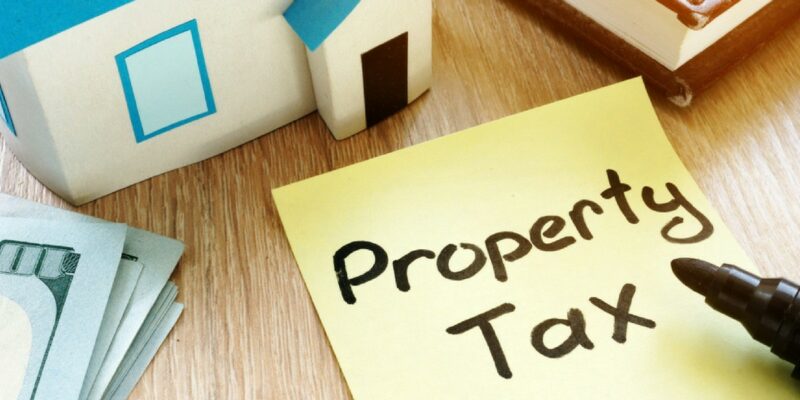
Property taxes are a type of tax that is levied on the value of real property, such as land and buildings. They are typically assessed by local governments and used to fund a variety of public services, such as schools, roads, and libraries.
Property taxes are a common form of taxation in the United States, and they account for a significant portion of local government revenue. In 2019, property taxes generated $544 billion in revenue for local governments nationwide, according to the U.S. Census Bureau.
The amount of property tax that a property owner owes is based on the assessed value of their property. The assessed value is typically determined by a local assessor, who will look at factors such as the size, location, and condition of the property. The assessed value is then multiplied by a tax rate, which is set by the local government.
Property taxes are typically due in two installments, one in the spring and one in the fall. If a property owner fails to pay their property taxes, they may be subject to penalties and interest charges. In some cases, the property may even be foreclosed upon.
There are a number of ways to reduce your property tax bill. One way is to appeal the assessed value of your property. If you believe that the assessed value is too high, you can file an appeal with the local assessor’s office. You may also be able to reduce your property tax bill by participating in a homestead exemption program. Homestead exemptions are designed to help homeowners who are on a fixed income or who have a low income.
Property taxes are a necessary part of life for many homeowners. By understanding how property taxes work, you can take steps to reduce your property tax bill and protect your property.
Here are some additional things to know about property taxes:
- Property taxes are typically assessed on a yearly basis.
- The assessed value of your property can be appealed if you believe it is too high.
- You may be eligible for a homestead exemption, which can reduce your property tax bill.
- If you fail to pay your property taxes, you may be subject to penalties and interest charges.
- In some cases, the property may even be foreclosed upon.
If you have any questions about property taxes, you should contact your local assessor’s office.

